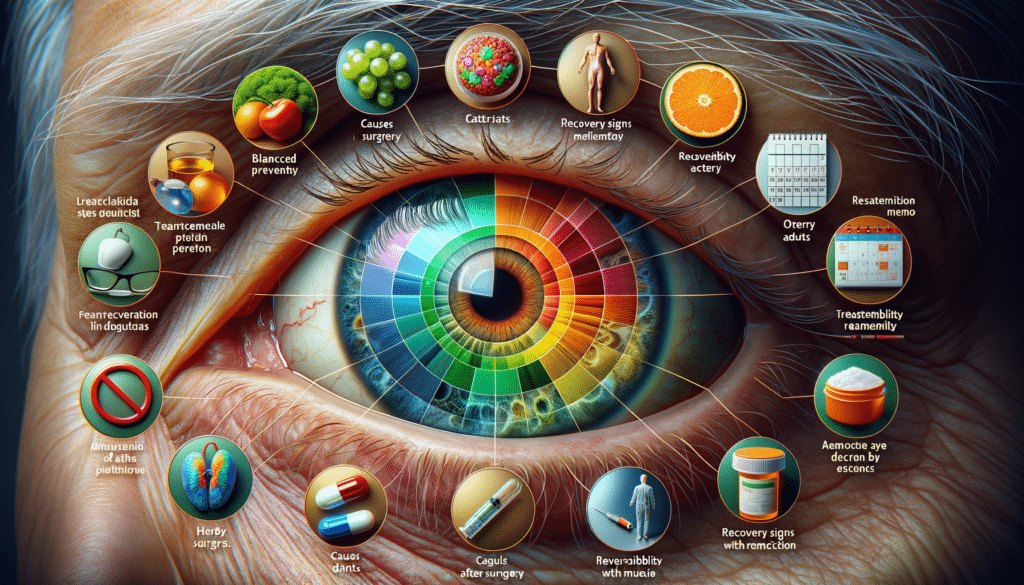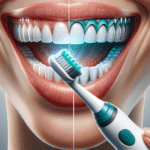How to Prevent Cataracts Naturally
Preventing cataracts naturally involves a combination of lifestyle choices and dietary considerations. While genetics plays a significant role, certain habits can reduce the risk of developing cataracts. One of the crucial steps is to protect your eyes from ultraviolet (UV) light. Wearing sunglasses that block 100% of UVA and UVB rays can be a simple yet effective measure. Additionally, a diet rich in antioxidants can be beneficial. Foods high in vitamins C and E, such as citrus fruits, almonds, and spinach, have been linked to eye health. Omega-3 fatty acids, found in fish like salmon, are also known to support eye health.
Maintaining a healthy lifestyle by not smoking and managing conditions like diabetes can further decrease the risk. Regular eye check-ups are essential as they can detect early changes in your eyes, allowing for timely intervention. Staying active can also contribute to overall health, which in turn supports eye health. By incorporating these habits into your daily routine, you can take proactive steps to maintain your vision and reduce the likelihood of cataracts.
What Causes Cataracts in Older Adults
Cataracts are primarily caused by aging, as the proteins in the lens of the eye begin to break down and clump together, leading to cloudiness. However, several factors can accelerate this process. Prolonged exposure to UV radiation is a significant risk factor, as it can damage the proteins in the lens. Smoking has also been linked to an increased risk of cataracts, as it introduces harmful substances that can affect eye health.
Medical conditions such as diabetes can contribute to cataract formation due to changes in the body’s metabolism that affect the eyes. Certain medications, particularly corticosteroids, have been associated with cataract development. Additionally, a history of eye injuries or surgeries can increase the risk. Understanding these causes can help individuals take preventive measures and seek timely medical advice to manage their eye health effectively.
Can Cataracts Be Treated Without Surgery
Currently, surgery is the only definitive treatment for cataracts. Non-surgical options are limited and primarily focus on managing symptoms rather than reversing the condition. For individuals with early-stage cataracts, stronger prescription glasses or magnifying lenses can help improve vision temporarily. Adjusting lighting in the home and workplace to reduce glare can also enhance visual comfort.
Some studies have explored the potential of eye drops containing antioxidants or other compounds to slow cataract progression, but these are not yet proven or widely available. It’s important for individuals to consult with an eye care professional to discuss the best approach for their specific situation. While surgery remains the most effective treatment, early detection and management can help maintain quality of life until surgery becomes necessary.


